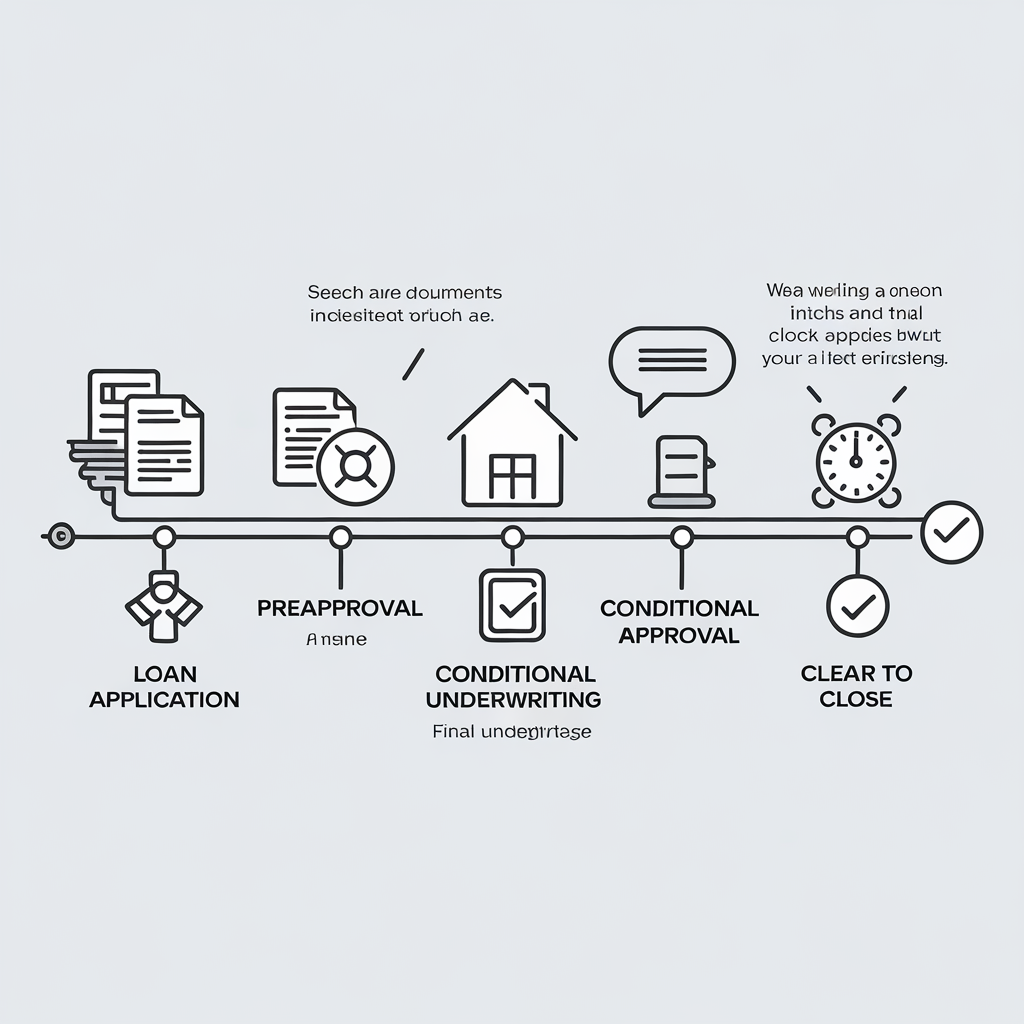Understanding Severance Pay and Its Tax Implications
Losing your job can be a significant financial setback, but severance pay can help ease the transition. When you lose your job involuntarily, your employer may offer severance pay as a goodwill gesture to help you stay afloat while you search for new employment. However, it’s essential to understand how severance pay is taxed and how you can mitigate its impact on your finances.
How Severance Pay Is Taxed
Severance pay is treated as regular income and is subject to federal income taxes, Social Security, Medicare, and federal unemployment tax. Here are the common ways taxes are withheld from your severance check:
- As regular wages: If your employer treats your severance check as regular wages, they will withhold federal and state income taxes, Social Security, Medicare, and other applicable taxes before you receive the payment. If you receive a lump sum, the withholding may be calculated using a higher tax bracket, as it appears you earn more due to the large payment.
- As supplemental wages at a flat 22%: If your employer treats your severance check as supplemental income, they may withhold a flat 22% for federal taxes.
- At 37% on supplemental wages exceeding $1 million: If you receive more than $1 million in severance pay, the amount exceeding $1 million will be subject to a flat 37% withholding.
Your severance pay and any taxes withheld will be reported on your W-2, along with your regular wages and withholding. The withholding does not determine your final tax liability; you will reconcile wages and withholding on your tax return to calculate how much you owe.
How to Mitigate the Tax Impact of Severance Pay
Severance pay can increase your income for the year, potentially pushing you into a higher tax bracket. Here are some strategies to minimize the tax impact:
- Contribute to a 401(k) or other employer-sponsored plan: Contributions to these plans are tax-deductible, reducing your taxable income.
- Contribute to a traditional IRA: Contributions to a traditional IRA are tax-deductible in the year you contribute.
- Contribute to a health savings account (HSA): If you have a qualifying high-deductible health plan, contributions to an HSA are tax-deductible.
- Make charitable donations: If you itemize your deductions, you can deduct qualifying charitable donations of up to 50% of your adjusted gross income.
- Ask your employer to split severance payments: Requesting your employer to split your severance payments between two years can help spread the tax impact over two tax periods.
What if Losing Your Job Means a Significant Loss of Income?
If you are out of work for an extended period, your income may be significantly reduced even with severance pay. In such cases, using your severance pay to cover essential expenses may be more critical than contributing to retirement funds or HSAs. Additionally, you may be eligible for the advance premium tax credit if you replace your employer’s health plan with marketplace insurance. You may also qualify for the earned income tax credit if your income is lower due to unemployment.
Tips for Preparing for Tax Season
Losing or changing your job and receiving severance pay can complicate your taxes. Here are some tips to help you prepare for tax season:
- Consider working with a professional tax advisor: A tax professional can help ensure you account for all your income and withholding, maximize your credits and deductions, and determine if you need to make additional tax payments.
- Mind contribution deadlines: Contributions to employer-sponsored plans like a 401(k) must be made by December 31 of the tax year. IRA and HSA contributions can be made by the tax-filing deadline in the following year.
- Double-check income and withholding: Ensure your W-2 accurately reflects your wages, severance pay, and withheld taxes. Report any discrepancies to your employer.
- Account for additional income: Include any unemployment benefits, vacation and sick pay, and pension withdrawals in your tax calculations.
- File by the usual deadline: Tax season typically begins in early February, and you must file by the IRS deadline, even if you expect a refund.
The Bottom Line
Paying taxes on severance pay adds to your to-do list, but it’s better than not receiving severance at all. The additional funds can help you manage expenses and transition to your next career move. If you need assistance with your mortgage or financial planning, O1ne Mortgage is here to help. Call us at 213-732-3074 for any mortgage service needs. Our team of experts is ready to assist you in navigating your financial journey.
Remember, understanding the tax implications of severance pay and taking proactive steps can help you manage your finances more effectively during this transitional period.

